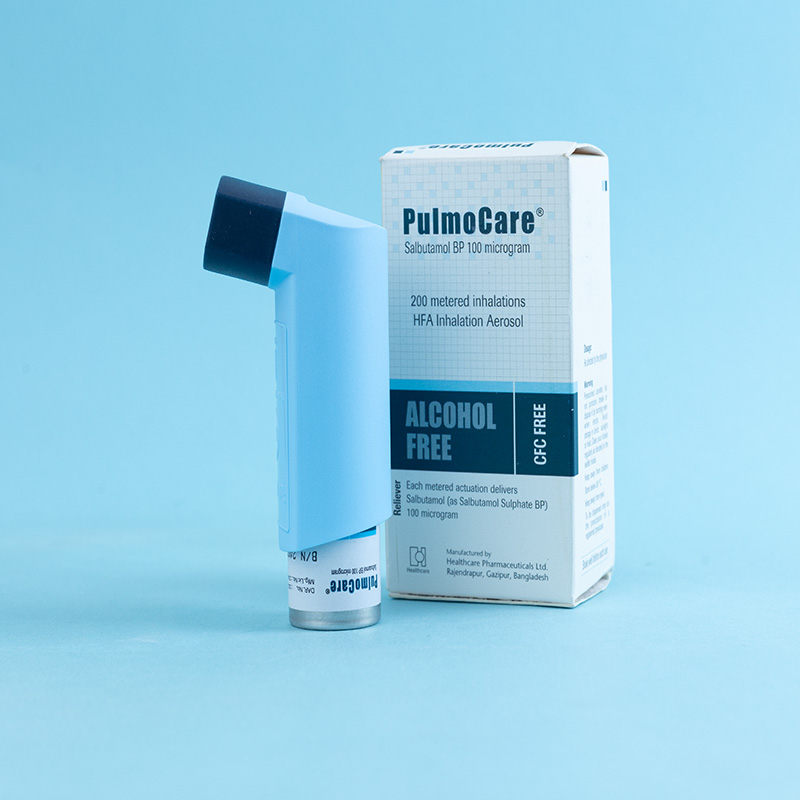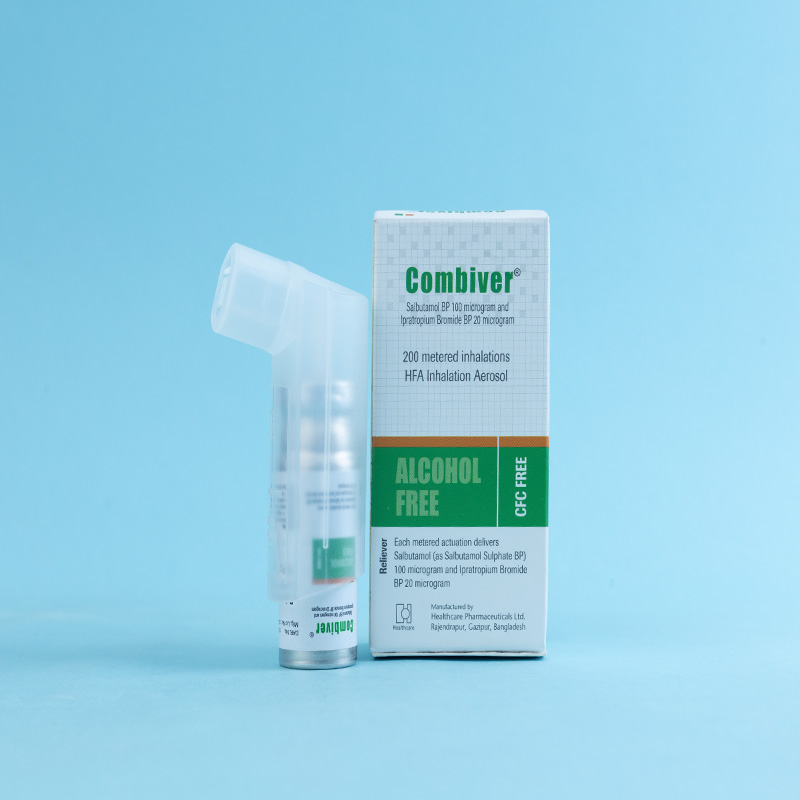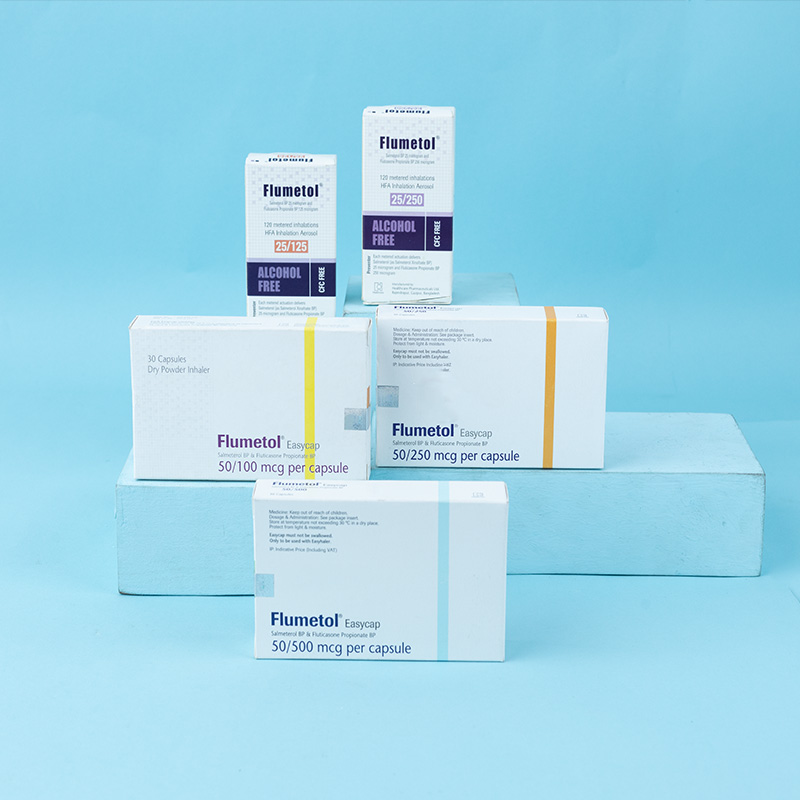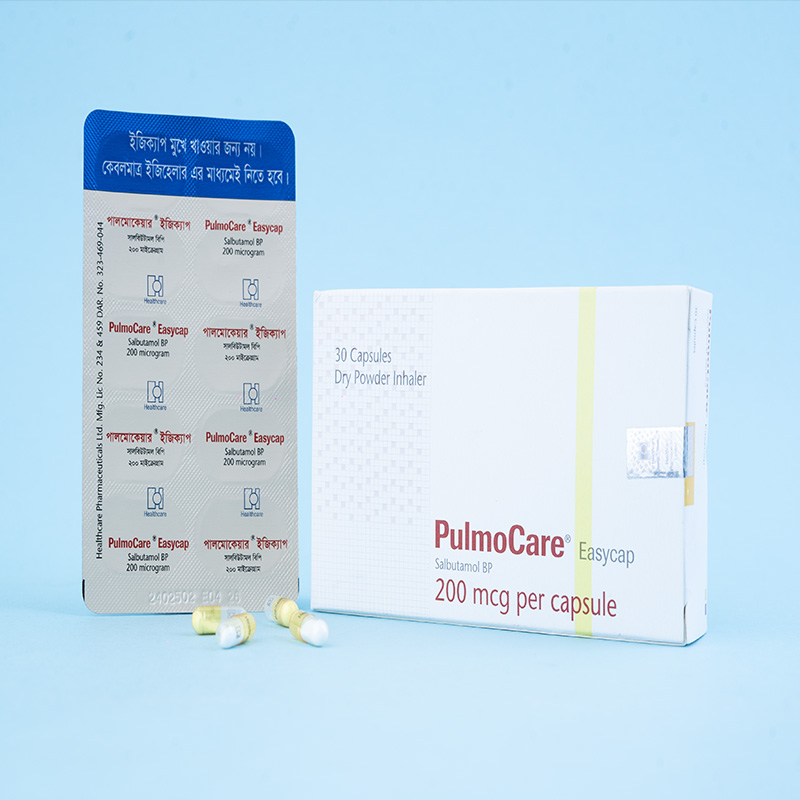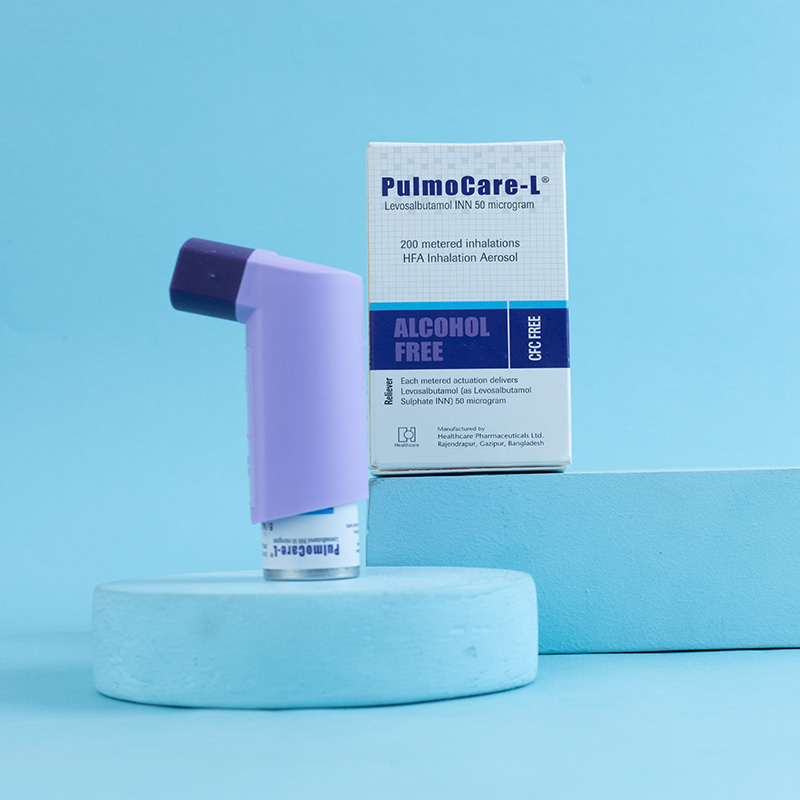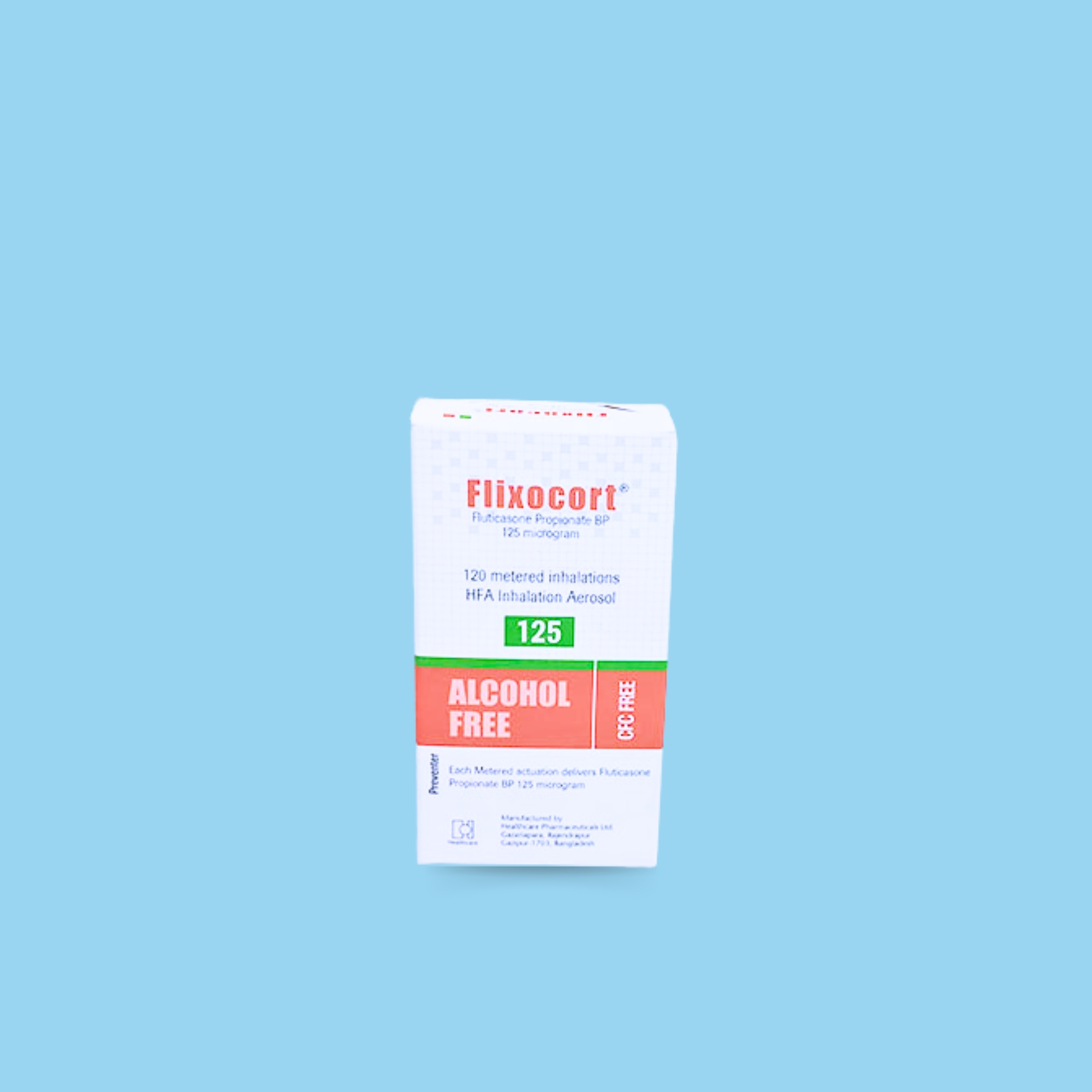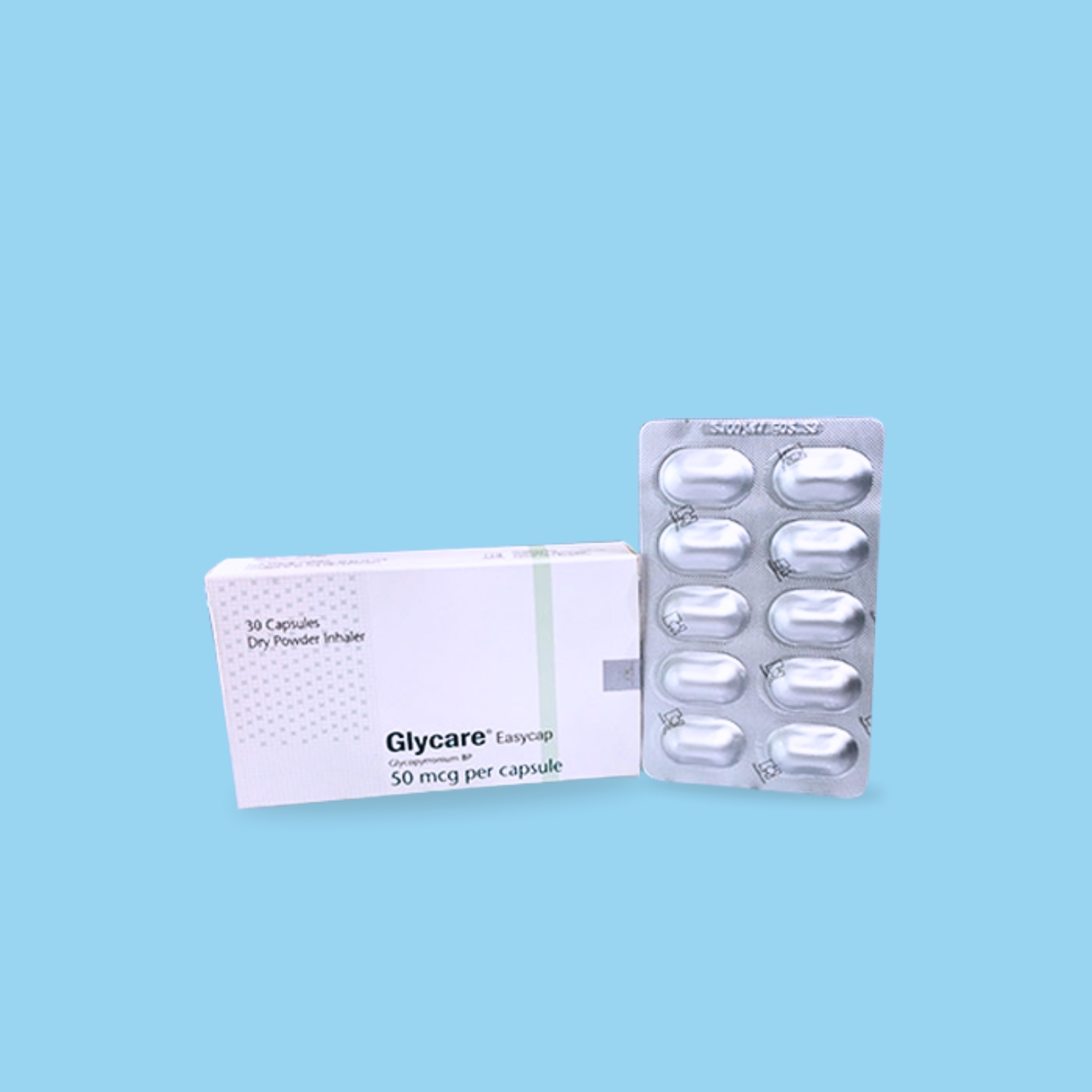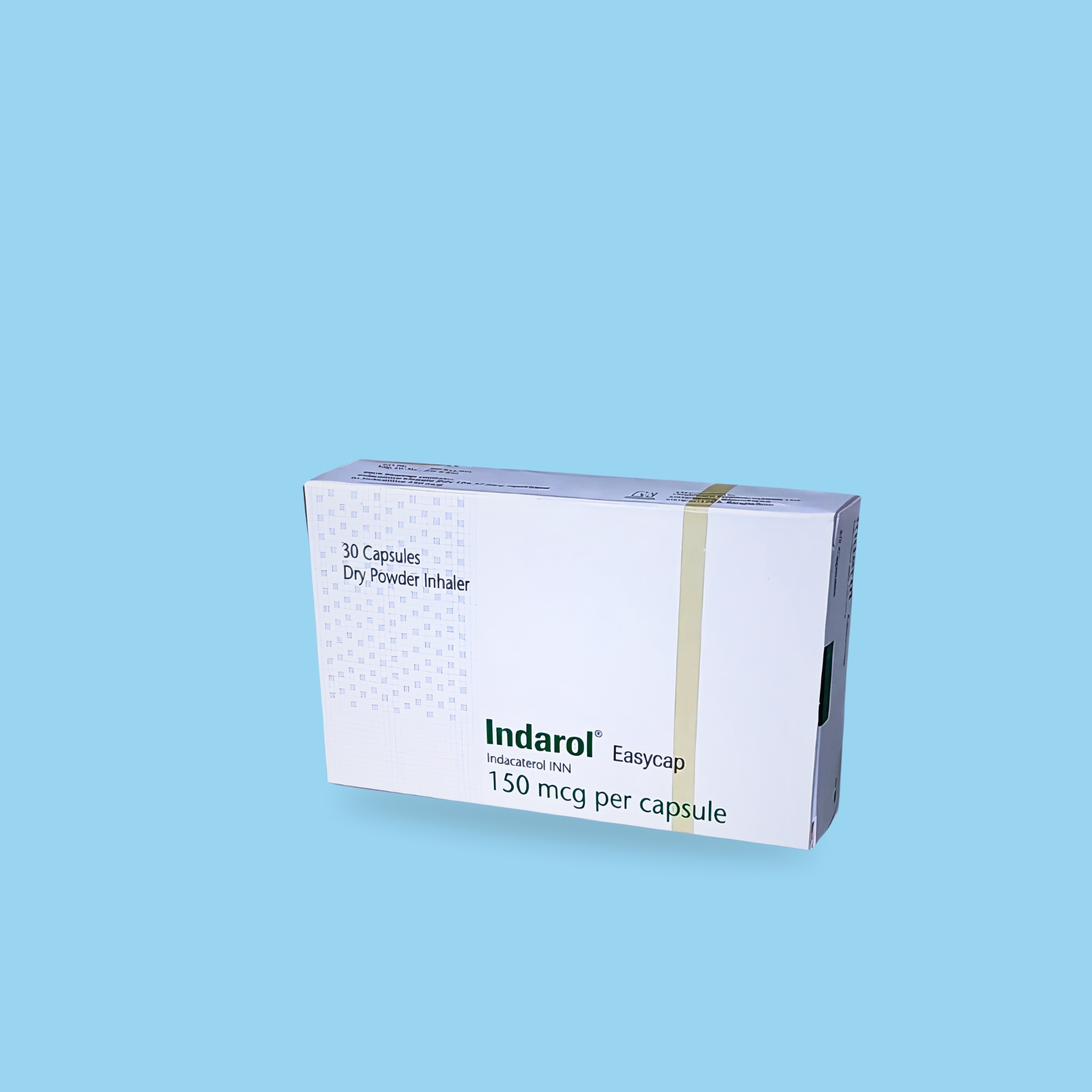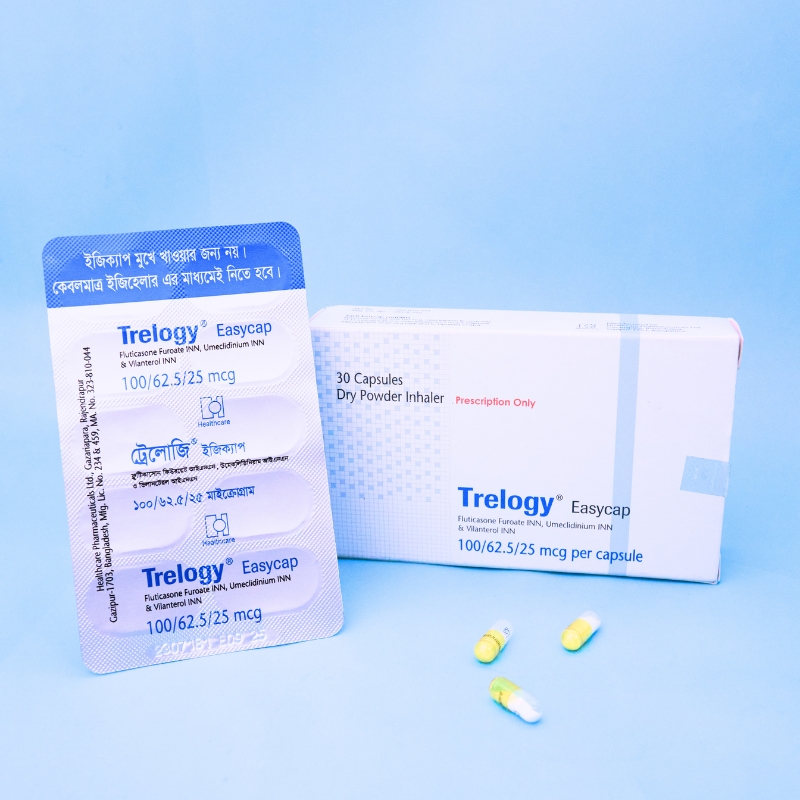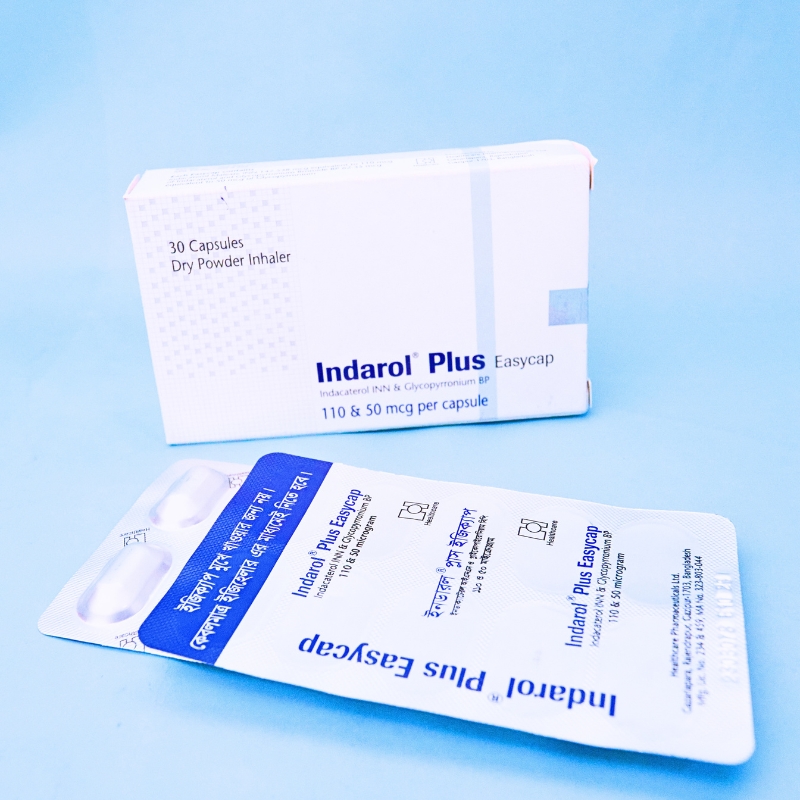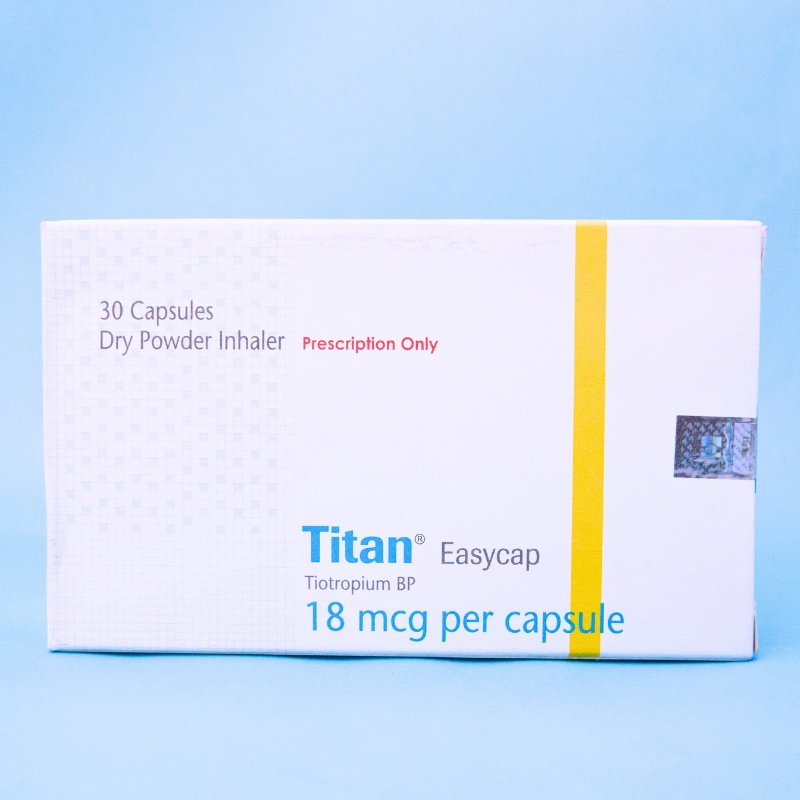Pulmocare® is a synthetic sympathomimetic amine, commercially available as its sulphate salt. It is a beta-2 adrenoceptor agonist that stimulates beta-adrenergic receptors. Beta-adrenergic agonists are believed to stimulate the production of cyclic adenosine monophosphate (cAMP), which mediates various cellular responses.
Pulmocare® primarily acts on uterine and vascular smooth muscles (beta-2 receptors) rather than beta-adrenergic receptors of the heart (beta-1 receptors). The main effect of oral administration of Salbutamol is bronchodilation, achieved through the relaxation of smooth muscles in the bronchial tree.
Animal studies indicate that Salbutamol does not cross the blood-brain barrier, but it apparently crosses the placenta. It is extensively metabolized in the liver, primarily into Salbutamol 4-O-sulphate, which has little to no beta-adrenergic blocking effect. Salbutamol and its metabolites are rapidly excreted through urine and feces.

Pulmocare® is indicated for the relief of bronchospasm in patients with reversible obstructive airway diseases such as bronchial asthma, chronic bronchitis, and emphysema.

Adults: The recommended oral dose is 2–4 mg, taken three to four times daily or as prescribed by a physician.
Children (2–6 years of age): 1–2 mg three to four times daily or as prescribed by a physician.
Not recommended for children under the age of 2 years.
Elderly: Usually, no dose adjustment is required.

Salbutamol is contraindicated in patients with a known history of hypersensitivity to any of its components. It should be used with caution in patients with hyperthyroidism, cardiovascular disease, occlusive vascular disorders, hypertension, or aneurysms.
High doses of Salbutamol may cause hypokalemia, which can increase the risk of digitalis-induced cardiac arrhythmia.

The adverse reactions to Salbutamol are similar to those of other sympathomimetic agents. The most common side effects include nervousness, tremors, headaches, tachycardia, and palpitations. Less frequent side effects include muscle cramps, insomnia, nausea, weakness, dizziness, drowsiness, flushing, restlessness, irritability, chest discomfort, and difficulty in urination.
Hypersensitivity reactions, including paradoxical bronchospasm, are rare.

The concomitant use of Pulmocare® with other oral sympathomimetic agents is not recommended due to potential cardiovascular side effects.
Salbutamol should be used with extreme caution in patients taking monoamine oxidase inhibitors (MAOIs) or tricyclic antidepressants, as their combined effects may potentiate Salbutamol’s action on the vascular system.
Beta-receptor blocking agents and Salbutamol may counteract each other's effects.

Medications should only be used during pregnancy if the expected benefit to the mother outweighs any potential risk to the fetus. Since Salbutamol is likely excreted in breast milk, its use in nursing mothers is not recommended unless the benefits outweigh potential risks.

Symptoms of overdosage include angina, headache, nausea, vomiting, and tremors. The preferred antidote for Salbutamol overdose is a cardio-selective beta-blocking agent. However, beta-blockers should be used with caution in patients with a history of bronchospasm.


